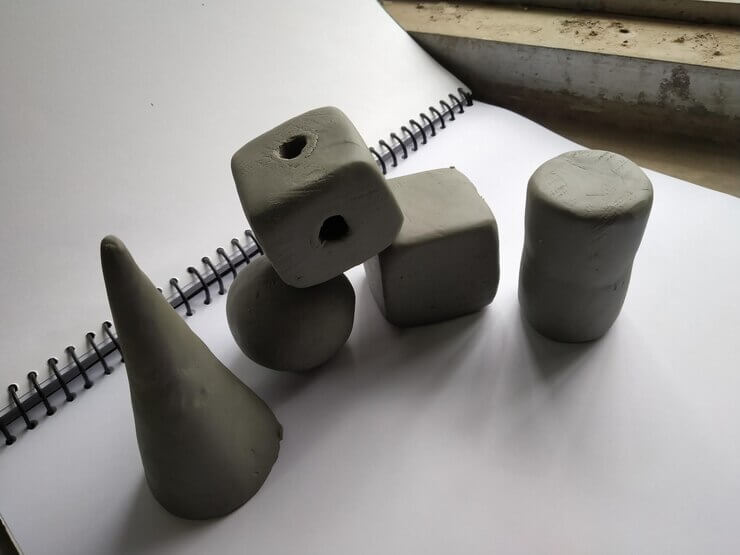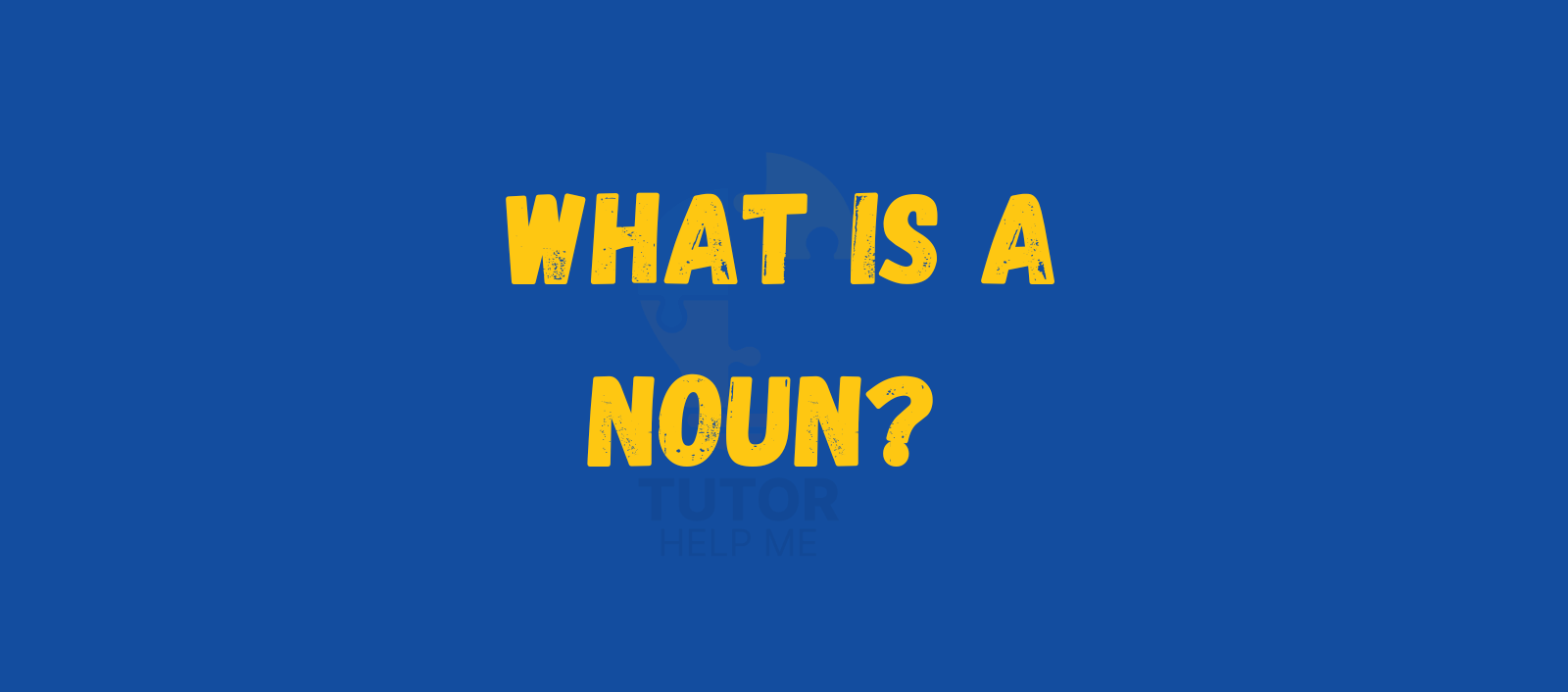A noun is a word that names a person, place, thing, or idea. It helps us talk about everything around us. So, what is a noun?It’s one of the basic parts of English grammar. You see and use nouns in every sentence you write or say.
Let’s take this sentence: The cat sat on the mat. “Cat” and “mat” are both nouns. Simple, right? This blog will show you the types of nouns with clear examples. By the end, you’ll know exactly how to use nouns with confidence.
What is a noun?
A noun is a word that names a person, place, thing, or idea.
- Johnson
- a boy
- London
- Football
Types of Nouns With Easy Examples
1. Common Nouns
Common nouns name general items, not specific ones. They do not need capital letters unless they start a sentence.
Examples:
- dog
- city
- teacher
- book
- car
You can use them for any person, place, or thing.
2. Proper Nouns
Proper nouns refer to specific names of people, places, or brands. They always begin with a capital letter.
Examples:
- London
- Sarah
- Eiffel Tower
- Coca-Cola
“Get succcess with our 1-On-1 English Tutors.”
3. Concrete Nouns

Concrete nouns refer to physical things you can touch, see, hear, taste, or smell.
Examples:
- apple
- music
- chair
- flower
- rain
Use concrete nouns when talking about real objects and materials.
4. Abstract Nouns
Abstract nouns describe ideas, emotions, or concepts that cannot be seen or touched.
Examples:
- love
- freedom
- fear
- knowledge
- hope
Use abstract nouns to talk about feelings or thoughts.
5. Countable Nouns
Countable nouns are things you can count. They have singular and plural forms.
Examples:
- pencils
- apples
- chairs
- books
- coins
Use countable nouns when you can add numbers like one, two, or many.
6. Uncountable Nouns

Uncountable nouns cannot be counted as individual units. They do not have plural forms.
Examples:
- water
- milk
- rice
- information
- money
Use uncountable nouns for mass or abstract materials.
7. Collective Nouns
Collective nouns refer to a group of people or things as one unit.
Examples:
- team
- family
- class
- bunch
- flock
Use collective nouns when speaking about a group acting together.
8. Compound Nouns
Compound nouns are made up of two or more words combined to create a new meaning. These words can be written together, with a hyphen, or separately.
Examples:
- toothpaste (tooth + paste)
- basketball (basket + ball)
- mother-in-law (mother + in + law)
- ice cream (ice + cream)
- post office (post + office)
Use compound nouns when referring to items or concepts made from multiple words.
9. Singular Nouns
Singular nouns refer to just one person, place, or thing. They are used when referring to a single object or individual.
Examples:
- dog
- car
- book
- apple
- city
Use singular nouns to talk about one object, person, or place.
10. Plural Nouns
Plural nouns refer to more than one person, place, or thing. They are formed by adding “s” or “es” to the singular form.
Examples:
- dogs
- cars
- books
- apples
- cities
Use plural nouns to talk about multiple objects, people, or places.
Proper Nouns vs. Common Nouns
| Proper Nouns | Common Nouns |
|---|---|
| Name specific people, places, or things | Name general people, places, or things |
| Always begin with a capital letter | Only capitalized at the start of a sentence |
| Examples: John, London, Toyota | Examples: boy, city, car |
| Refer to unique, specific entities | Refer to general categories or classes |
| Used to identify specific names | Used to refer to anything in general |
Countable Nouns vs. Uncountable Nouns
| Countable Nouns | Uncountable Nouns |
|---|---|
| Can be counted and have singular/plural forms | Cannot be counted individually |
| Examples: books, apples, chairs | Examples: water, air, information |
| Can be used with numbers or many | Used with much or some instead of numbers |
| Can take articles like a or an | Do not take articles like a or an |
| Examples in plural: two cars, five chairs | Examples in singular: milk, knowledge |
How to Use Nouns in Sentences
Nouns often work as the subject or object in a sentence. They also follow prepositions and describe ownership. Here’s how you can spot and use them:
- Subject: The dog barked loudly.
- Object: She read a book.
- After a preposition: He sat on the chair.
- Possession: This is Mike’s pen.
Tips to Remember Nouns Easily
Here are quick tips to help you master nouns:
- Ask “What is it?” or “Who is it?” to find the noun.
- If you can add a, an, or the, it might be a noun.
- Nouns often come after a, an, the, or adjectives.
- Proper nouns always start with a capital letter.
- Abstract nouns are often used with emotions or ideas.
Common Mistakes to Avoid
Even native speakers make small mistakes. Here are a few to look out for:
- Don’t use plural with uncountable nouns: informations ( wrong ) → ( Correct ) information
- Use articles with singular countable nouns: ( wrong ) I saw cat → ( Correct ) I saw a cat
- Capitalise proper nouns: ( wrong ) i met john → ( Correct ) I met John
Quick Noun Practice Quiz
Let’s test what you have learned! Identify the nouns in the following:
- The baby smiled at her mother.
- We visited Paris during summer.
- Love is a beautiful feeling.
- She gave me some advice.
- A team of players won the match.
(Answers: baby, mother, Paris, summer, Love, feeling, advice, team, players, match)
Conclusion:
Nouns help you build strong, clear sentences.They make your thoughts easy to share and understand. Now that you know the types of nouns and how to use them, you can write and speak English more clearly and confidently.
Read more How to Revise for English Literature?
FAQ’s
Can a noun be more than one word?
Yes, compound nouns like “ice cream” or “high school” consist of two or more words forming a single noun.
Are nouns always the subject of a sentence?
No, nouns can be the subject, object, or complement in a sentence, depending on their position and function.

